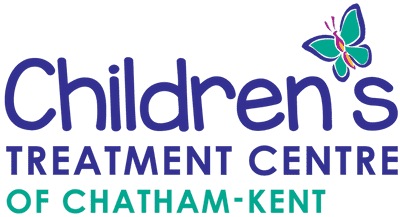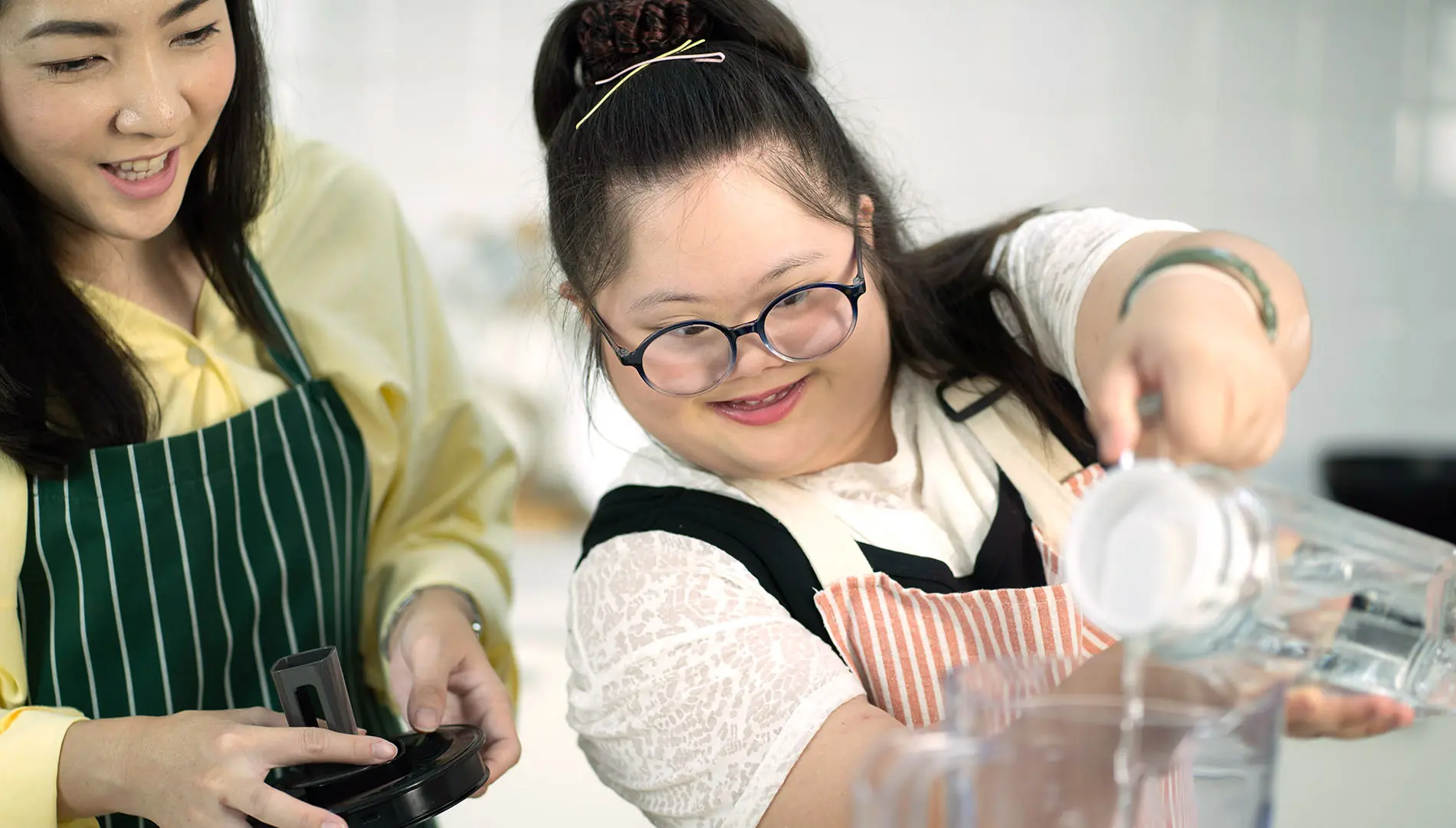Life Links
The Life Links Program supports youth with developmental, communication, and/or physical disabilities, and their families, as they prepare for the transition to adulthood.
Groups are offered in Centre and in the community, focusing on life skills, social connections, and community participation.
Referrals to the Life Links program are accepted for clients aged 9 (eligible to enter grade 4) to 18 (up to 21 if in high school) with physical, developmental and/or communication challenges who present with significant barriers to daily functioning and participation
The Life Links team is made up of specialists that work collaboratively to provide the best possible support for youth and their families. The Life Links team includes:
- Recreation Therapist
- Occupational Therapist
- Social Worker
- Program Assistant (Occupational Therapy Assistant (OTA)/ Physiotherapy Assistant (PTA))
What We Provide:
The Life Links team can help with:
- Developing and assessing goals for the parent/ caregiver and youth based on the 6 F’s Framework: Family, Friends, Function, Fun, Fitness, and Future.
- Developing a transition plan to include recommendations, strategies, and information to best meet client/ family-identified goals and dreams for the future.
- Assisting with linking youth/ family to other services and community supports.
- Determining youth/ family priorities for goal development as they approach puberty, high school, and adulthood.
- Providing group programs that encourage independence, health, and wellness.
Examples of programs offered include:
- Restaurant Roamers—a different dine-in restaurant each week as we learn about money, budgeting, and proper restaurant etiquette.
- Job Jedis—getting ready for the working world through resume preparation and volunteer opportunities.
- Wellness Wednesdays—exploring community resources while learning how to enhance and maintain physical health and mental wellness.
- Snack Attack—putting our culinary skills to the test with different recipes each week meant to encourage independence in the kitchen.
- Parent Information Sessions—topics have included accessing adult services, estate planning, IEP/IPRC process, funding, and puberty.
How to Refer:
Children and youth interested in Life Links must be ready, willing, and able to participate in programs.
Life Links services are only available to children and youth who are active clients on the CTC-CK caseload and meet eligibility requirements. Please speak with your youth’s therapy team directly if you are interested in being referred or contact the Centre, 519-354-0520.

